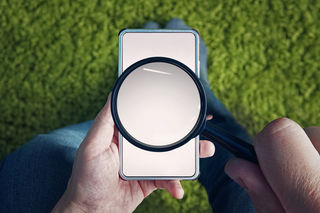Is This Article Legit?
A lack of analytical thinking may fuel belief in fake news.
By Gordon Waldman published November 6, 2018 - last reviewed on January 1, 2019

Did gay conversion therapy save Mike Pence's marriage? Did Hillary Clinton get drunk and violent on election night? Headlines treating these rumors as fact were circulated—and quickly debunked—after the 2016 race.
Why would anyone believe such fake news? Some blame motivated reasoning—assimilating information that aligns with one's ideology in a way that makes it seem more believable. If that were the cause, then to fight false belief, "we would need to make people less partisan," says Gordon Pennycook, a psychologist at the University of Regina in Canada. But new research finds biased thinking may be less culpable than the lack of a certain kind of thought.
In a set of studies, Pennycook and David Rand of Yale asked people to estimate the accuracy of Facebook-style news posts—some fake and some real, and some supporting a Democratic or a Republican worldview. Participants also took a test of their inclination to think carefully about questions with an intuitive but false answer. ("A bat and a ball cost $1.10 in total. The bat costs $1.00 more than the ball. How much does the ball cost?" Trust us, it's 5 cents.) Those with higher scores on the analytic thinking test were better at judging a story's veracity—regardless of whether it played to their political leaning.
